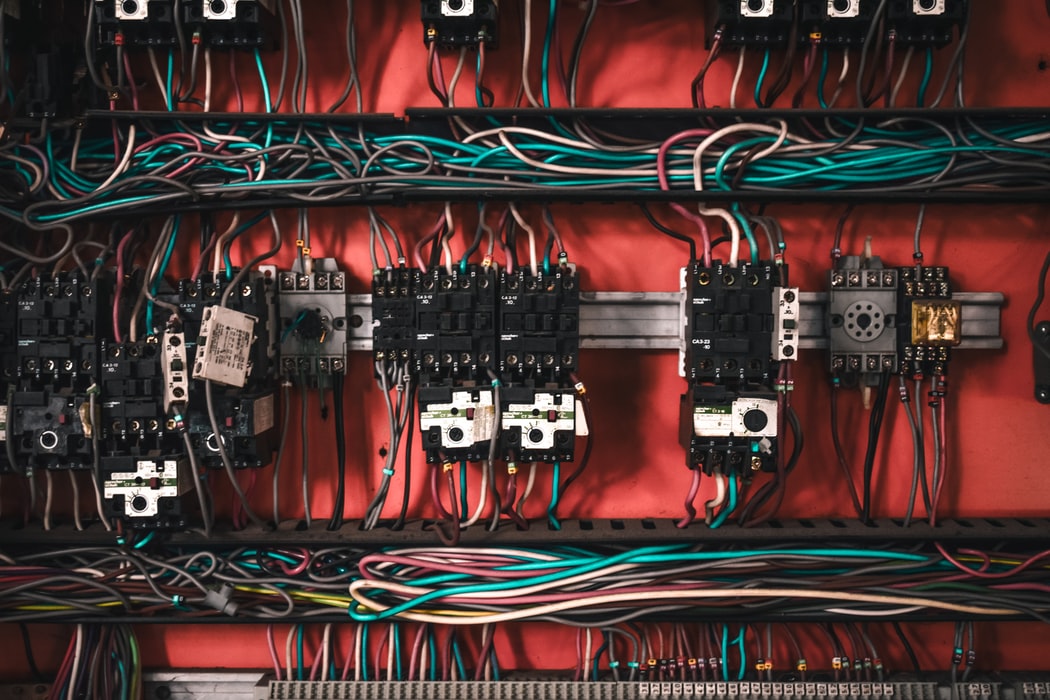Does your home have aluminum wiring?
Aluminum wiring was commonly used during the 1960s-70s. The price of copper had skyrocketed at the time, and aluminum seemed like the perfect alternative to conduct electricity. Since then, studies have determined that it's much more likely to cause a fire. There are a few reasons for this:
- Aluminum is a softer metal than copper, so it’s more likely to be damaged during installation and is more likely to break under pressure.
- Aluminum doesn’t conduct electricity as well as copper does. As it expands and contracts, the wiring can loosen and overheat.
- Aluminum will corrode if exposed to moisture. This process removes the aluminum, which makes the wire thinner and causes it to generate more heat.
SGI's Aluminum Requirements
As of May 1, 2021, those who have aluminum wiring must complete an electrical home compliance report or an Electrical Safety Authority (ESA) report when looking for a new home policy with SGI. If you have an existing policy in place, you won't need to submit a report, but it's always good to have your aluminum wiring checked on an annual basis.
These reports can be done by a certified electrical contractor. Even if your home’s fixtures have been updated, the electrical system may not have been. If you’re not sure, your best bet is to have a certified electrician inspect your wiring, and if it's aluminum, grab the report from there.
Aluminum wiring isn’t illegal – it doesn’t have to be replaced until the house is renovated. But it does put your home at a higher level of risk.
Protect Your Home
Often the first signs of problems with aluminum wiring include flickering lights, burned insulation, or warm cover plates. These factors can contribute to a greater risk of house fires.
Once you've had an inspection and know what shape your wiring is in, you can decide whether you need to add safety measures. Aluminum wiring is safe if proper connections are made without damaging the wire, and any devices used are approved for use with aluminum wire.
If you need to make any electrical improvements, DON'T DIY. Pliers, strippers, and twist-on wire connectors can damage aluminum conductors. Unless you’re an electrician with the experience and tools to work with aluminum wiring, you’re risking a fire.
Because of the risks of aluminum wiring, most insurers won’t insure your home unless the wiring is inspected. For more information, you can chat with one of our brokers by calling 1-855-475-0959.







